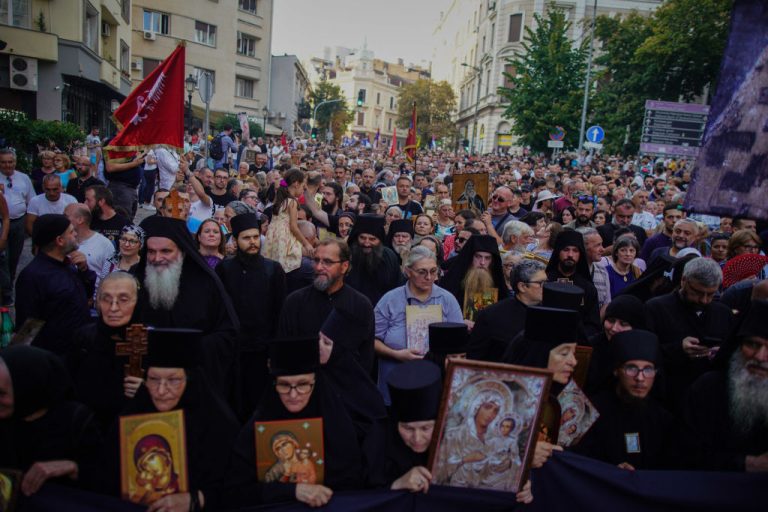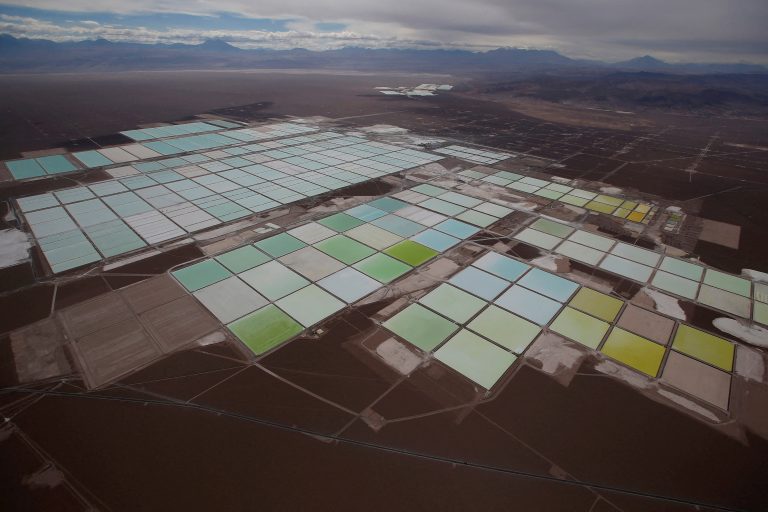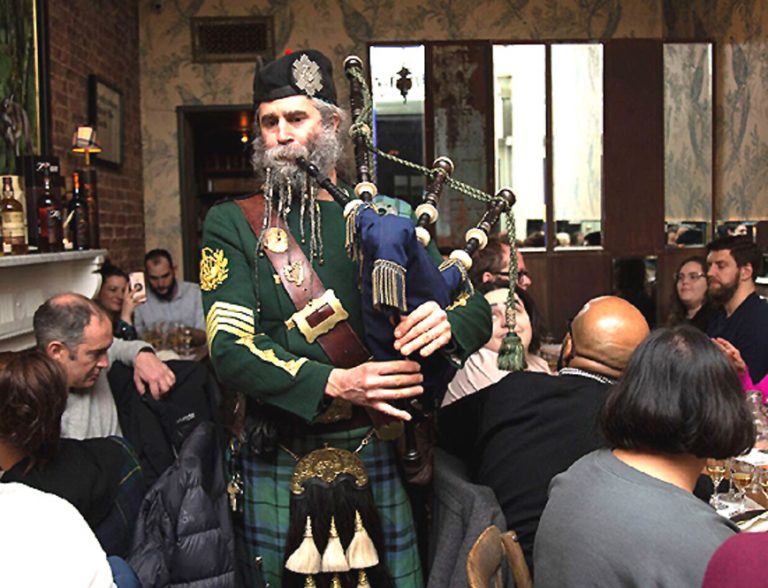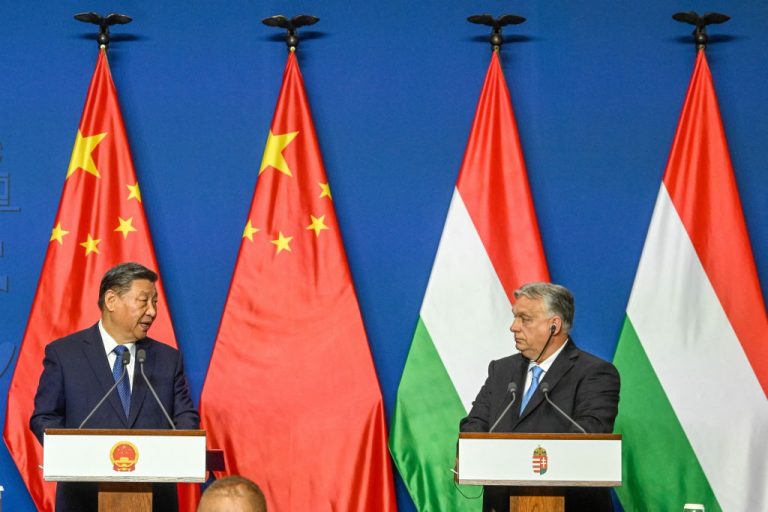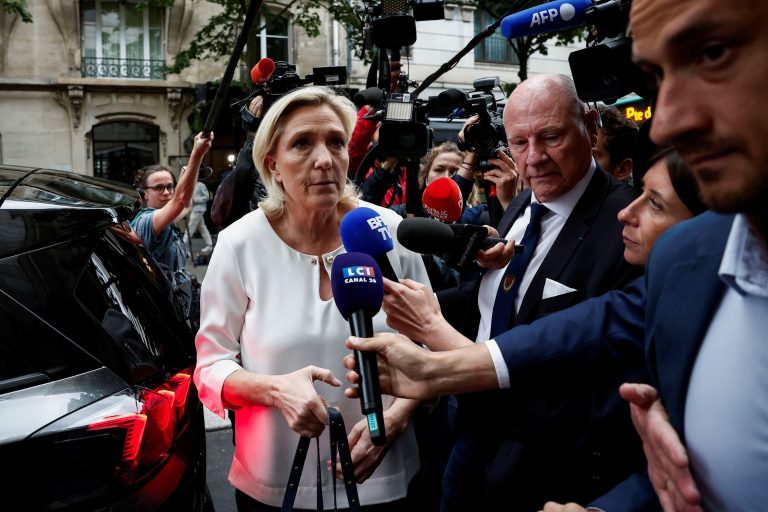The people of Serbia have proven that the active or passive support of large swaths of the population are able to influence state policy and the shape of society after the government was forced to cancel an upcoming “pride” event in the wake of massive protests.
BBC reported on Aug. 28 that EuroPride 2022 was canceled by President Aleksandar Vucic. However, according to BBC, Vucic did not name the protests as the cause of his decision, but instead, cited “recent tensions with its former province Kosovo” during a news conference.
“Simply, at some point, you can’t handle everything,” Vucic said. “In an another time, a happier one [the event could take place].”
Aug. 27 reporting by EuroNews called EuroPride the “the largest LGBTQ+ event featuring a Pride parade on the continent.”
The multi-day event takes the form of something like EuroVision or the Olympics as it is “hosted by a different European city each year.”
Success
You are now signed up for our newsletter
Success
Check your email to complete sign up
Organizers for the multi-day event vowed to hold it anyways, claiming that a cancellation qualified as a violation of the constitution.
A spokesperson for a pride-themed NGO responsible for organizing both EuroPride and similar displays contested the cancellation because Ana Brnabic, Vucic’s Prime Minister — both the first female and first homosexual to hold the position — pledged full support from the government during the country’s bidding process.
MORE ARTICLES
- Dick’s Sued for Funding Employees Seeking Abortions, but Not for Giving Birth
- Pro-Abortion Domestic Terrorists Smash Up Portland Liberal Democrat Pregnancy Center
- Leaked Pfizer Executive Emails Confirm Aborted Fetal Tissue Used in COVID Vaccine Testing
- Pro-abortion Domestic Terrorism Group Declares War On US Pro-Life Entities
Organizers characterized their event as “an important step along the path toward achieving equality for the LGBTI+ community in the Western Balkans,” the BBC stated.
But Aug. 28 reporting from Associated Press painted a markedly different picture of why EuroPride was canceled from the BBC.
AP paraphrased Vucic as concerned about “threats from right-wing extremists and fears of clashes,” and quoted the PM as stating, “It’s not the question of whether they (extremists) are stronger, but you just can’t do it all at the same moment, and that’s it.”
On Aug. 29, AFP reported that a massive demonstration composed of thousands of Orthodox Christians marched over the weekend in opposition to the event “carrying icons, crosses and religious flags.”
Video published by Reuters shows what appears to be more than 2,000 people lining the streets, carrying religious images and marching to traditional music.
The article explained that large scale pride events have not been welcome in the country for the better part of the last two decades, “The first two Belgrade Pride marches, in 2001 and 2010, were marred by violence.”
“The parade has been organised regularly since 2014 but with a large law enforcement presence,” AFP added.
A similar Reuters article stated that protestors carried signs that had slogans such as “save our children and family” and “save Serbia” based on the believers’ concerns about the impact of pride events on society’s moral standard.
Some protestors also carried portraits of Russian Federation President Vladimir Putin, photos reveal.
Serbian Orthodox Church Bishop Nikanor Bogunovic, cited as an organizer of the protests, declared EuroPride a “desecration of our country, our church and our family” when speaking at the rally.
Vucic’s fears of violence if the event was held may not have been unwarranted. In Aug. 18 reporting by Orthodox Times, Bogunovic reportedly proclaimed in a Serbian-language statement, “I will curse all those who organize and participate in such a thing.”
“I can do so much. If I had a gun, I would use it, I would use this power if I had it, but I don’t have it,” the Bishop added.
Aug. 30 reporting by AP carried additional comments from the President, who laid down the law to dissenting protest organizers, informing them that disobeying the government’s cancellation decision would not be tolerated.
The PM stated, “If a gathering is banned, then it will be banned…There will be no games with state decisions.”
The cancellation is not the first of its kind in recent weeks.
In early August, Montreal, Canada’s Pride Montreal parade was forced to cancel just hours before it was set to launch, because of security concerns after more than 80 volunteers no showed the event.
Canada’s Postmedia conglomerate node Toronto Star quoted Executive Director Simon Gamache, who lamented, “We were missing more than 80 people this morning, it’s a lot.”
The deserters quantified more than a third of the manpower required to conduct the event.
Gamache was paraphrased as attributing the attrition to both society-at-large labor shortages, in addition to the fact that “COVID-19 cases were reported among the volunteers in the last few days,” with some suffering from “heatstroke and heavy fatigue.”
Yet, federal government-funded state messaging outlet Canadian Broadcasting Corporation painted a different vastly different reality of why the event was unable to lift off.
To the contrary, CBC quoted Gamache as simply admitting that the hiring process for the approximately 100 security staff needed to escort the parade, “It was never done.”



